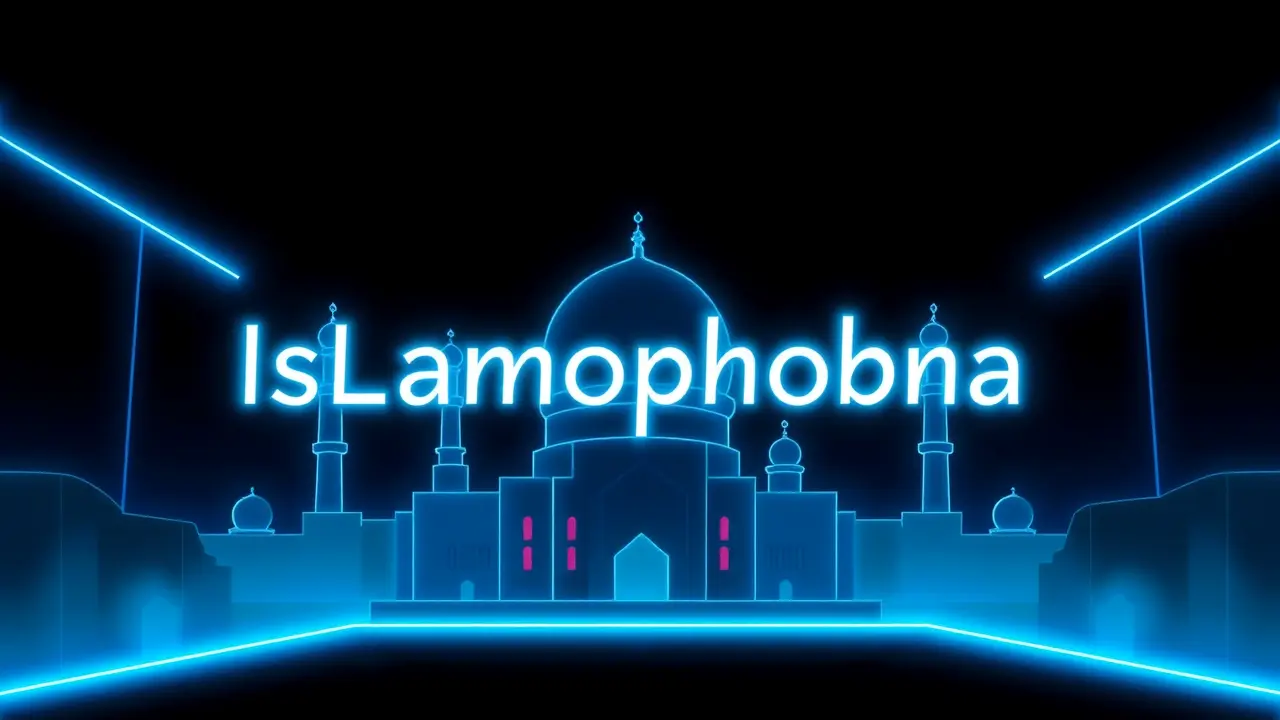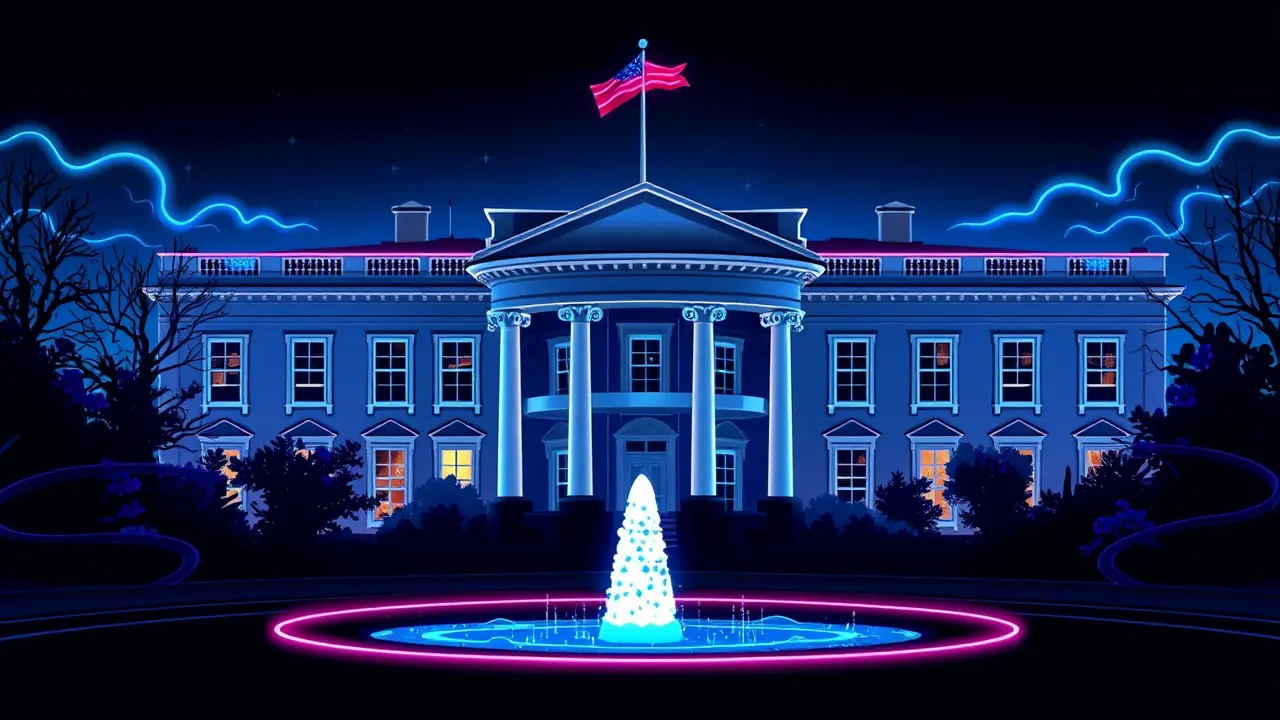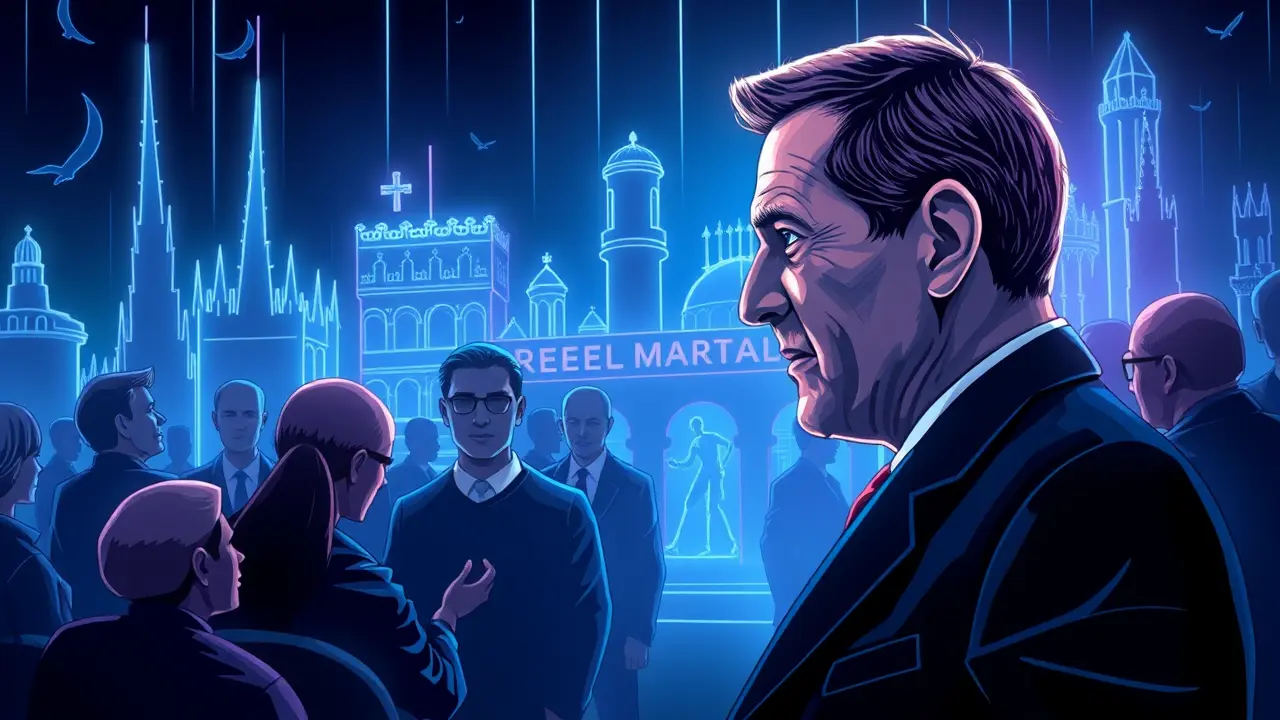
Politicshuman rights
MPs urge minister to adopt definition of Islamophobia amid rise in hate crime
AN
Anna Wright
1 day ago7 min read
In a move that underscores the persistent chasm between political rhetoric and tangible action, a coalition of forty Labour and independent MPs has delivered a stark communiqué to Housing Secretary Steve Reed, demanding the government finally adopt a formal definition of Islamophobia. This urgent plea arrives against a backdrop of newly released, and deeply alarming, statistics showing a near 20% surge in hate crimes targeting Muslims, a figure that should serve as a national wake-up call but instead risks becoming another data point in a long history of institutional neglect.The letter, spearheaded by Afzal Khan, is not merely a request but a profound challenge to the state’s conscience, framing the adoption of a definition as an ‘important step’—a foundational, almost elementary, gesture of recognition for a community routinely subjected to discrimination, prejudice, and virulent hatred. Among the signatories are prominent figures like Diane Abbott, Dawn Butler, Kim Johnson, and Andrew Gwynne, whose collective voice represents a significant cross-section of parliamentary concern, yet their very need to petition highlights a systemic failure.To understand the gravity of this moment, one must look beyond the immediate headlines and into the protracted struggle for Muslim communities in Britain to be seen and protected equally under the law. For years, advocacy groups like the All-Party Parliamentary Group on British Muslims have championed a working definition, characterizing Islamophobia as rooted in racism and manifesting through discrimination, exclusion, and violence, a framework already embraced by numerous local councils and political parties yet stubbornly resisted at the national level.This resistance often hides behind debates over free speech or the complexities of terminology, but such arguments frequently ring hollow, serving as a convenient smokescreen for a deeper reluctance to confront the specific, structural nature of anti-Muslim bigotry. The recent hate crime data is not an anomaly; it is the predictable outcome of a political and media ecosystem where inflammatory rhetoric about Muslim communities often goes unchecked, where stereotypes are weaponized, and where the line between criticism of foreign governments and attacks on a religious identity is deliberately blurred.The personal impact of this policy vacuum is devastating; it means victims of Islamophobic abuse, from verbal slurs on public transport to physical assaults and the desecration of mosques, navigate a system that lacks the precise language to categorize their experiences, leading to underreporting, inadequate police responses, and a pervasive sense of alienation. When a government refuses to name a poison, it cannot effectively administer an antidote.This is not merely a British issue but one reflected across Europe and North America, where the rise of far-right movements has mainstreamed anti-Islamic sentiment, making the UK's stance a closely watched precedent. The MPs’ letter to Reed, who holds the housing portfolio—a domain critically linked to community cohesion and the lived environment where hate crimes often occur—is a strategic move to force the issue onto an agenda that has consistently sidelined it.The consequences of continued inaction are dire: further erosion of trust in public institutions, the deepening of social fractures, and the tacit endorsement of a climate where bigotry flourishes. Conversely, adopting a definition would be a powerful symbolic act, a declaration that the state sees its Muslim citizens, values their safety, and is committed to dismantling the architectures of hate.It would provide a clearer mandate for law enforcement, a stronger basis for educational initiatives, and a vital tool for civil society organizations. However, the definition must be a starting point, not an endpoint; it must be coupled with robust action plans, funding for community security, and a wholesale review of how public bodies engage with and protect minority groups.The very fact that this demand remains unmet, while other forms of hate are legally defined and combatted, speaks volumes about the hierarchies of victimhood in our society. As this diverse group of MPs underscores, the fight against Islamophobia is inextricably linked to the broader struggle for a truly pluralistic and just democracy, one where every individual can live without fear of persecution based on their faith. The ball is now squarely in the government’s court; will it take this long-overdue step, or will it be remembered as an administration that watched the rise of hate and chose to look away?.
#Islamophobia
#hate crime
#anti-Muslim hatred
#MPs
#Steve Reed
#featured
Stay Informed. Act Smarter.
Get weekly highlights, major headlines, and expert insights — then put your knowledge to work in our live prediction markets.
Related News
© 2025 Outpoll Service LTD. All rights reserved.








